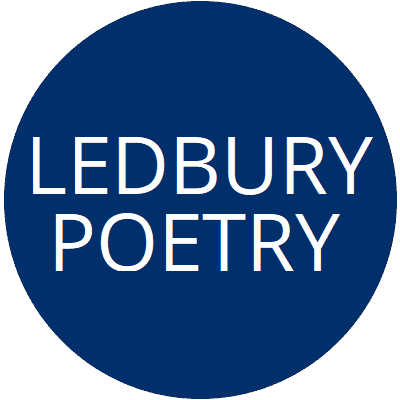Through translation, poetry is enriched and given the ability to connect communities and Arabic generations. The Poetry Translation Centre gave Ledbury the opportunity to appreciate poetry by bringing Bidoon poet Mona Kareem and Sudanese poet Al-Saddiq Al-Raddi and their translated works. Both poetical collections share in telling the experiences of the poets as they grapple the upsetting inability to return to their land of birth. Mona Kareem, who faced exile from her community, read poetry that echoed dying cities and broke boundaries by wandering the uncharted truths and making the body abstracted, forming a sense of being displaced. She describes the rejection she received when attempting to cross the border to her home, reflecting on history as a poetical epithet. Originally written in Arabic, Mona Kareem’s poems have been carefully translated to english by Sara Elkamel which allows us to understand them, as well as feel their impact, by hearing them read in both english and Arabic. Kareem trespasses the traditional rigidity bordering colloquial and classical Arabic in poetry, reviving and experimenting with the language by bringing them together. Sharing in the experience of being exiled from his home, Al-Saddiq Al-Raddi highlighted the incomprehensible struggles and emotional isolation in daily life, craving the past life that he could not reach. The looming linger of loneliness and themes of love, loss, and ostracism contribute to his poetical message that his only way to make a home in exile if the taste of remembrance. The poems were collaboratively translated by Bryar Bejah and Shook, and the situation in Sudan now adds new relevance and political protestation to the writing. As poetry is Sudan is similar to music, Al-Raddi’s poems have a lyrical rhetoric that leaves a dizzying effect.
